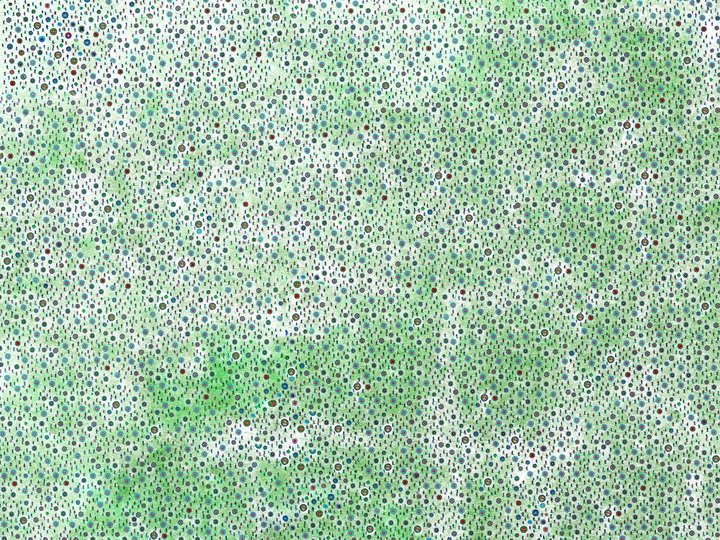Rhizomatic Commons

Architect and urbanist trained at the Fine Arts School of São Paulo, with a Master's in Architectural Design from the University of Florence. I’m currently pursuing a PhD in Sustainability and Innovation for the Construction of the Built Environment (Urban Planning curriculum), where I explore how ephemeral, informal, and relational spatial practices shape alternative forms of centrality, resistance, and care.
I work through Transversal Research and Design Practice, a platform I'm developing to move between research and design, theory and action. Rooted in critical spatial ethnography, my work engages with informality, incompleteness, and everyday life not as problems to be solved, but as sources of emancipatory spatial practices. Drawing from thinkers like Henri Lefebvre and Félix Guattari, I approach space as a living, collective space production shaped through rhythm, relation, and use.
Originally from Brazil, I relocated to Europe to immerse myself in different cultural and pedagogical contexts. These transitions shaped my understanding of spatial practice as something always in translation, across geographies, disciplines, and communities. I’ve worked in architecture and urban design studios in both Brazil and Italy, and have always sought ways to test theoretical inquiries in real-world contexts.
My current research weaves together multiple strands: critical cartographies, open-ended infrastructures (modular urban furniture), and pedagogical tools for what I call design without prescription. These projects are not meant to fix space, but to open it up, to reveal existing forms of agency and support practices of commoning.
I am also active within the university, contributing to teaching and workshops in urban planning. But my focus remains outward: listening, mapping, and building with others, to co-create spaces that remain flexible, relational, and radically situated.
Rhizomatic Commons is a series of investigations on a framework for spatial practices grounded in the emancipatory rhythms of everyday life, exploring how informal and ephemeral acts, often overlooked in dominant urban discourse, can generate forms of spatial resistance and collective agency. Rather than treating marginal practices as anomalies, the project reframes them as foundational, embedded in lived rhythms and unfolding across different geographies.
Theoretically grounded in Henri Lefebvre’s theory of concrete utopia and Félix Guattari’s ecosophy, the work challenges hegemonic paradigms by revealing how spatial agency emerges not from design imposition, but from repetition, relationality, and proximity. Applying a transdisciplinary methodology that blends rhythmanalysis, schizoanalytic cartography, and speculative design, Rhizomatic Commons aims to create tools that amplify rather than co-opt these minor spatial practices.
The project extends from an ongoing PhD research, unfolding through multiple strands: an Atlas of Ephemeral Centralities mapping informal rhythms of urban life; a critical framework for designing without imposition and the ethics of incompleteness; and a first open-ended prototype of modular urban furniture that evolves through public use. These elements form an ecosystem of inquiry that is simultaneously theoretical, spatial and participatory, offering adaptable approaches to support commons without fixing their form.
The project resists extractive design and invites collective experimentation: How can we design with informality and incompleteness, rather than against it? How might rhythm and care become methods for spatial practice? Through collaboration with local communities and LINA members, Rhizomatic Commons seeks to grow as an open-ended spatial ecology: adaptable, situated, and always unfinished.